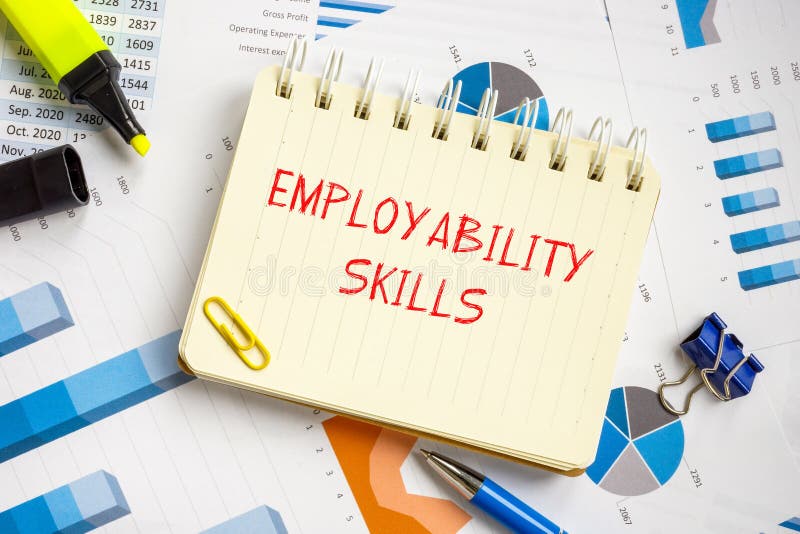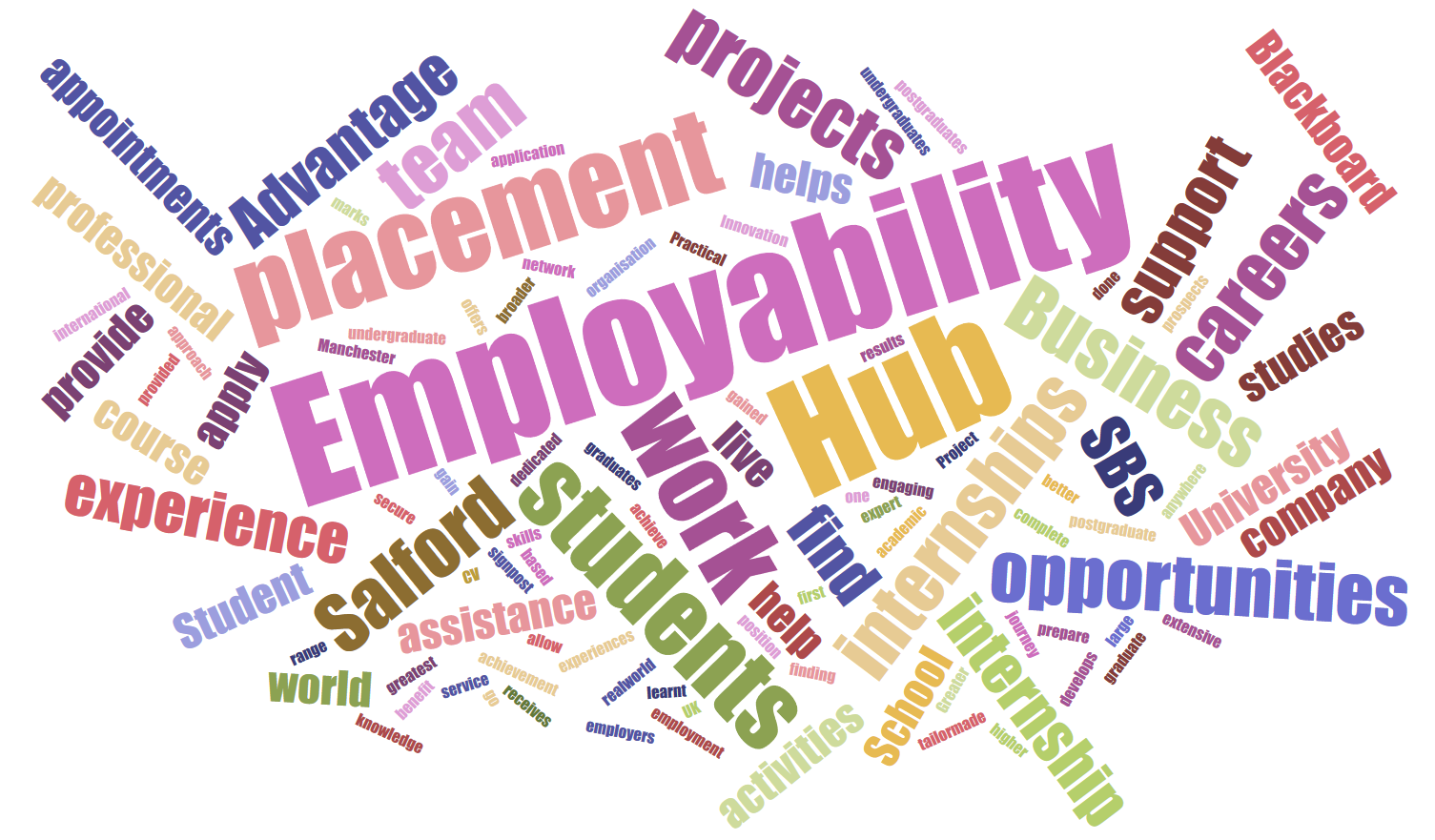How Do I Become An Accountant?
By ,
Written by Tom Bilby, from The Accountancy Partnership
So, you think you might want to pursue a career as an accountant – but you’re not sure where to start? Keep reading as we explore what qualifications you’ll need and take you through a few other important things to consider if you want to become an accountant, including:
• What area you’d like to specialise in
• Graduate programmes and apprenticeships
• Other forms of work experience
Do you need qualifications to become an accountant?
A university degree in accounting will, naturally, stand you in great stead but it’s by no means compulsory. In fact, you can have a degree in another subject – or no degree at all – and still build a super successful career as a qualified accountant.
While a university degree is not a mandatory requirement for a career in accounting, there are other qualifications you’ll need to achieve in order to progress through the industry.
An Association of Accounting Technicians (AAT) qualification is the minimum typically required of prospective accountants. To progress to chartered accountancy, you’ll also need to complete the Association of Chartered Certified Accountants (ACCA), Association of Chartered Accountants (ACA) and/or (Chartered Institute of Management Accountants) CIMA qualifications too. Accountancy does love an acronym, starting with its qualifications!
Other sought-after accounting qualifications you can pursue are the Association of International Accountants (AIA) professional qualification, and the Institute of Chartered Accountants in England and Wales) chartered accountant status (ICAEW).
Good employers will take you on as a junior accountant with an AAT qualification, and then support you with training and study leave if you do decide to pursue additional learning.
Think about what area you’d like to specialise in
When embarking on a career in accounting, you might be wondering about areas that you could specialise in. This isn’t something you need to be sure about as soon as you leave education, and your specialism may very well change as your career evolves. However, it helps to have an idea of what direction you’d like to start off in, or what options might at least be available.
The typical path into the industry is down the financial accounting route, which includes tax and business finances. There are other areas too, such as forensic accounting, audit and business recovery and insolvency.
As time goes on, you’ll need to figure out whether you want to work in the private or public sector, such as for local government, a charity, or a business. There are other variations too, such as working ‘in practice’ for an accounting firm, or for a business in their finance department.
Research graduate programmes and apprenticeships
For those who do choose to study for a university degree, there is the option of graduate schemes or graduate roles. These initiatives are designed to enable people to obtain important qualifications, such as the ones outlined above, recognising that you might be able to ‘skip’ some modules already covered by your degree.
For those who don’t go down the university route, apprenticeships are a great alternative. There are a whole host of programmes run by leading professional bodies, such as the ICAEW and ACCA, that enable people to achieve the necessary qualifications even if they didn’t attend university
Consider other forms of work experience
Graduate programmes and apprenticeships aren’t the only options available to you, and there’s often a great deal of competition to get into these kinds of schemes. Another great way to gain invaluable experience and get your foot in the door is to request a work placement or internship.
Going down this route still means you get to shadow practising accountants and absorb relevant hard and soft skills. They’ll be an invaluable addition to your CV when it comes to landing a full-time position.
Contact local accounting firms and express your interest in a work placement or voluntary work directly, or take a look on jobs boards and professional platforms such as LinkedIn to find open vacancies.
You might also look at other routes into the industry, such as starting in a different discipline like bookkeeping, before moving to accountancy.
Now you know what you need to do to become an accountant, all that’s left to do is go out there and kickstart your career. Good luck!
Article written by The Accountancy Partnership (https://www.theaccountancy.co.uk/) – Providing online accountancy services nationwide for a low, fixed monthly fee.
To speak to one of our Career Coaches get in touch:
Email: careers@staffs.ac.uk
Twitter: @CareersAtStaffs
Instagram: @CareersAtStaffs
Facebook: Staffordshire University Career & Personal Development
LinkedIn: @CareersAtStaffs

